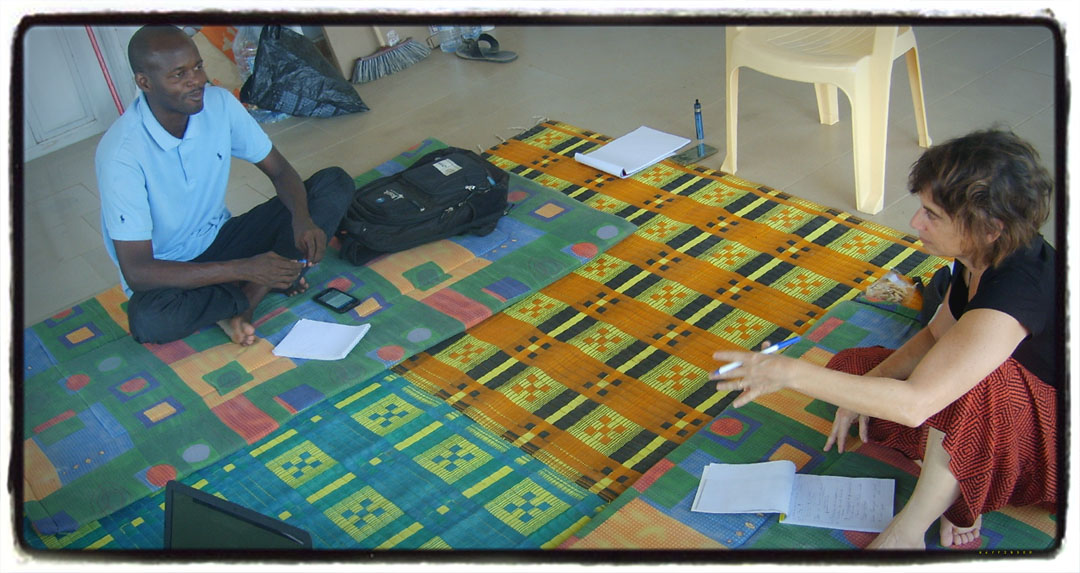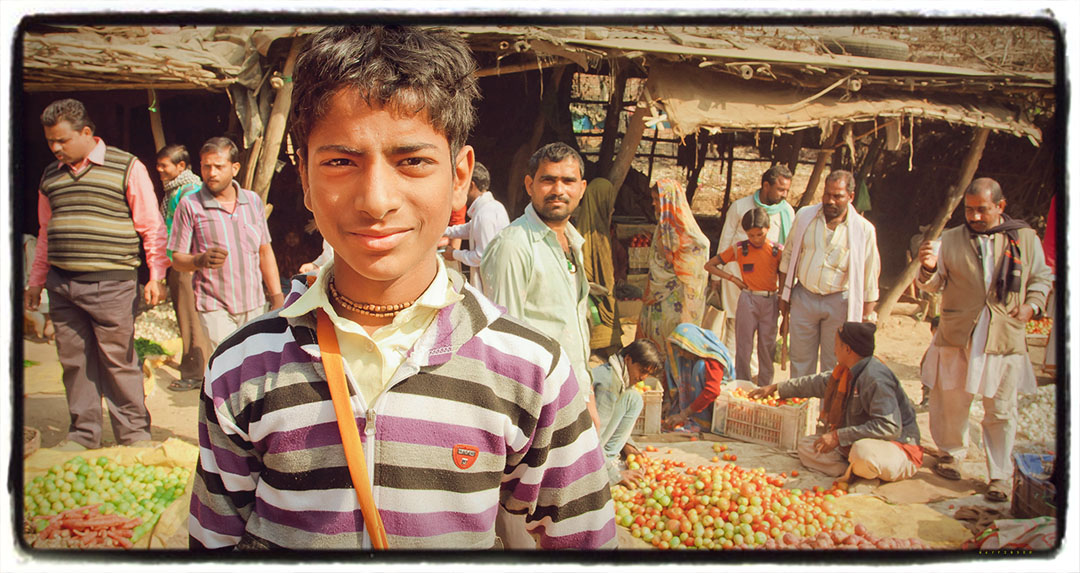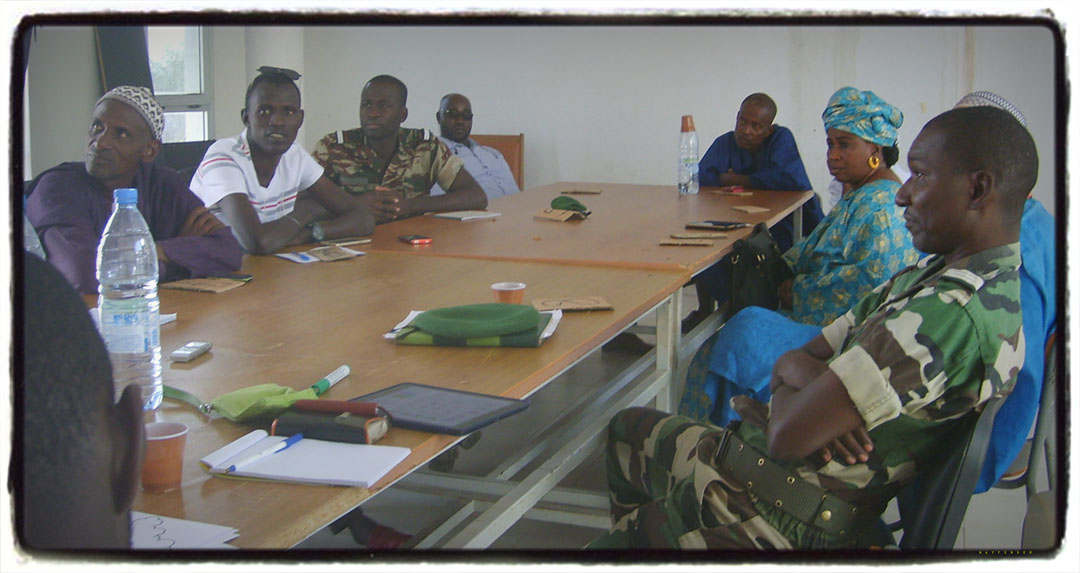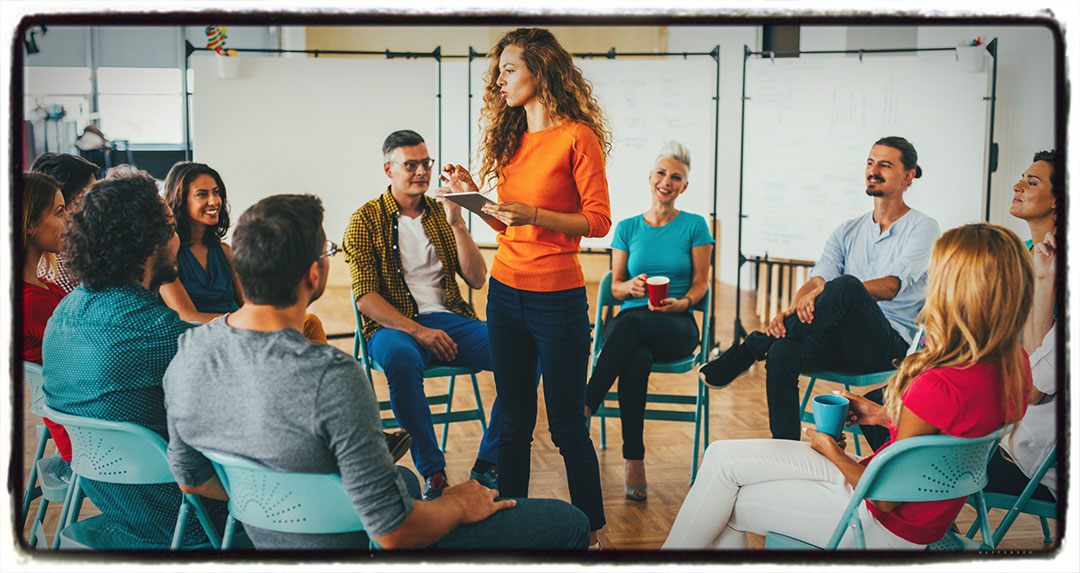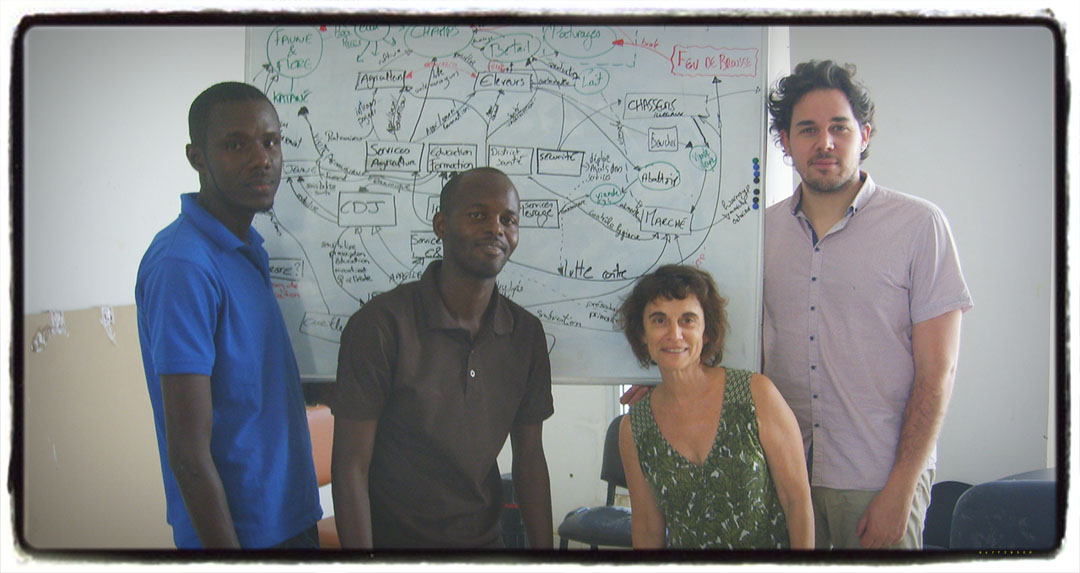Skills
A first issue to think about when selecting people for the coalition is the skills needed to conduct a Wayfinder process. This includes process leadership and facilitation skills, as you will need people that can lead stakeholder workshops and dialogues, and move the process forward in a professional, yet empathic, way. As Wayfinder strives to bring about change, controversies will arise throughout the process, for example regarding future aspirations, problem definitions, and the reliability and interpretation of different kinds of data and information. You will need access to people through the coalition with advanced facilitation skills to help navigate through this in a positive way (see Box 1.1 below).
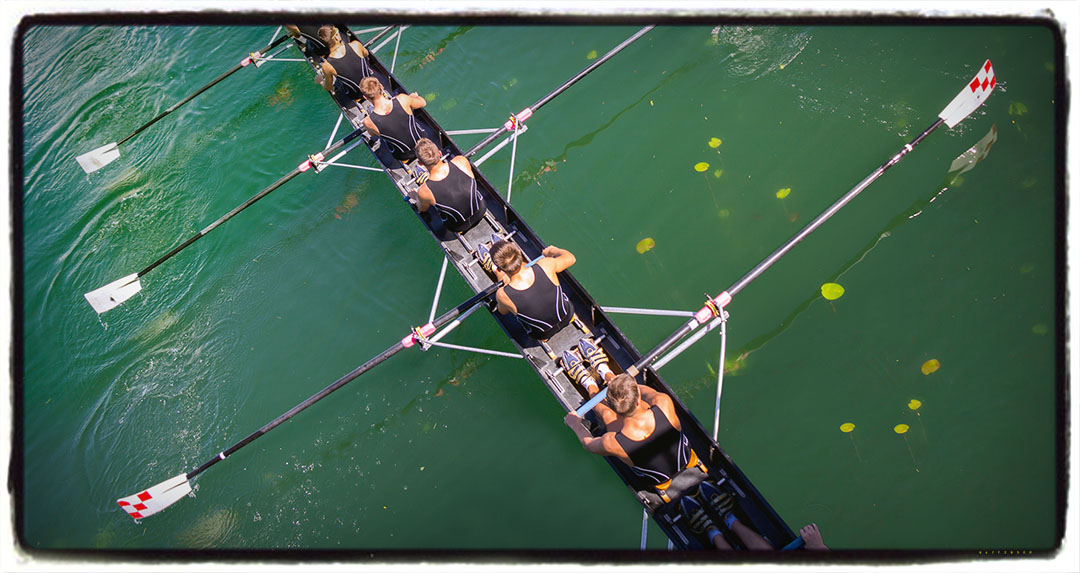
Rowing team practicing on the Lake Jarun, Zagreb, Croatia. Assembling a capable team of people who can work collaboratively to lead the Wayfinder process forward is essential to set it up for success. Photo: iStock.
In addition, you will also need people that are good at pulling together, analyzing, and synthesizing large amounts of data and information of different types. The Wayfinder process will both depend on the inputs of good data, and it will generate lots of information in itself. You need people in the coalition who have the capacity to organize and make use and sense of this information. Similarly, people with skills and experience in designing and implementing different types of development programs, who know how to make things happen in complex settings, are extremely valuable.
Finally, you need people in the coalition that are good at communicating. A Wayfinder process will involve many different types of stakeholders, at different levels and sectors in society. You need people in the coalition who have the capacity to reach out and talk to these stakeholders, explain the rationale for and outcomes of the process, and who are also good at listening to what the stakeholder say in return.
Representation
Another important issue to think about when selecting people for your coalition is representation. For the coalition to be successful, it must have legitimacy with stakeholders in the system at different scales. The system that you are working in is probably not homogenous, but will include different groups of people, young and old, men and women, people with different livelihoods and lifestyles, from different ethnic backgrounds and with different cultures, and more. These people may face different kinds of challenges, and have different expectations on the system. For example, if there is a conflict between wildlife protection and small-scale farming in your system, proponents of these two sides are unlikely to describe the system in the same ways, and they may also have radically different ideas about what a desirable future would look like. How can you make sure that the coalition reflects the varied groups of people that it is supposed to represent? It is critical that those people with less power in the system have a voice in the process. This can be a challenge but identifying key individuals that can represent different perspectives in the system in the coalition is very important. If the coalition is not representative, it is unlikely that it will be perceived as legitimate, which means that the chances for achieving the desired change is much lower. Also, and very importantly, if you don’t think about representation already at this stage, there is a risk that already marginalized groups become further marginalized as a consequence of the Wayfinder process.
Influence
In parallel to skills and representation, you need to think strategically when selecting coalition members. Where and how are decisions made that influence the future of your system? Rather than just assembling a team of your regular colleagues and friends, try to identify people for the coalition who has influence in important decision networks locally, and also those that can influence decisions in relevant sectors at higher scales. Many processes like this come to a halt after the planning phase, since they often lack the agency to make sure that their plans are implemented in reality. Who are the key people that need to be on the coalition to make sure this is not the case for your Wayfinder journey, so that the assessment and planning work that you do will lead to real change? One important issue to reflect on here is to what extent to you want to include people with formal decision making authority, i.e. the conventional power players, vis-a-vis forming a coalition that rather includes other types of change makers. The latter category may have less vested interests in maintaining the system as it is, but at the same time also less formal power to change it.
Creating a capable, effective and legitimate coalition
Not all coalition members need to possess all the skills listed above themselves, and each individual member can of course only represent some of the interests in the system and be connected to some of the important decision networks. However, given the nature of the Wayfinder process, all coalition members need to be creative, good at teamwork, and committed to working for sustainability (see Box 1.2 below). Assembling the right team so that your coalition for change, as a whole, becomes as capable, effective and legitimate as possible, will greatly improve your chances for a success. The attached case from an ongoing Wayfinder process in Senegal describes how they opted for creating two different coalitions, one at the local level and one at the national level.
Box 1.1 – Skilled facilitation
Facilitation is central to the Wayfinder process. There are few steps and processes in the Wayfinder process that don’t require working with groups of people, often with differing interests and views on what should happen in the future. Aside from the obvious skills of being able to organize getting people together etc, helping people work together towards a common set of aspirations requires some specialist skills, including the capacity to;
- Connect and build rapport with a diversity of personality types
- Establish and get agreement on ways of working together
- Listen, reflect back and synthesis
- Manage conflict
- Probe and draw out deeper insight from stakeholders
- Plan, structure and implement processes
- Capture information accurately and faithful to the original intent
- Pay attention to micro-dynamics and emotions among groups of people
- Be flexible and have a range of approaches and tools as back-up
Box 1.2 – Job description for a coalition member
Skills, resources and network
The coalition should include a strategic combination of people that possess the various skills and resources that are needed to take the process forward. Having skills in facilitation, engagement and communication, strategic and operational thinking and ‘know how’ to get things done in complex settings are critical skills. Other important elements include having strong links to stakeholders, the ability to cross social and organizational boundaries and knowledge of power and politics in the system are important skill sets to have as part of the coalition. This includes having the links within and between communities, and at different scales.
Mindset and commitment
The individuals in the coalition should be creative, open to change and willing to challenge their own assumptions. They should share the values of the Wayfinder process (Box 2.1.on work card 2) and should have the motivation to drive change through the process. Being flexible and creative in terms of how things get done, being comfortable with uncertainty and ‘messiness’ and maintaining an ability to see the big picture are important skills for coalition member.
